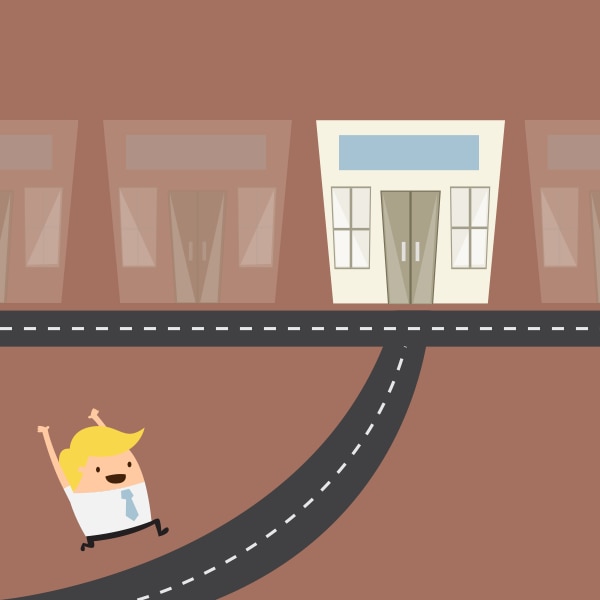All of the buzz today is “online shopping” and “e-commerce.” This may not come as a surprise, considering more people than ever are utilizing the convenience of online shopping. However, this doesn’t mean that, as a small business owner, you should forego having a retail space to sell your goods.
Although research firm Forrester estimates that 53% of all purchase decisions are digitally influenced, it states that 86% of retail sales in the United States still occur in brick-and-mortar stores.
Electing not to have a storefront for your retail business could have you missing out on valuable sales and profits.
But even if you accept that you need a retail property for your business, finding the right spot can be a daunting task. There are many different elements to take into consideration, including location, size, and various amenities. On top of this, you’ll likely need to consult with a real estate broker and an attorney to negotiate the best lease terms.
In this article, you’ll find everything you need to know about retail spaces. We’ll start by listing some of the advantages and benefits of having a retail store. Then we’ll move on to the steps you need to take to secure a retail location.










